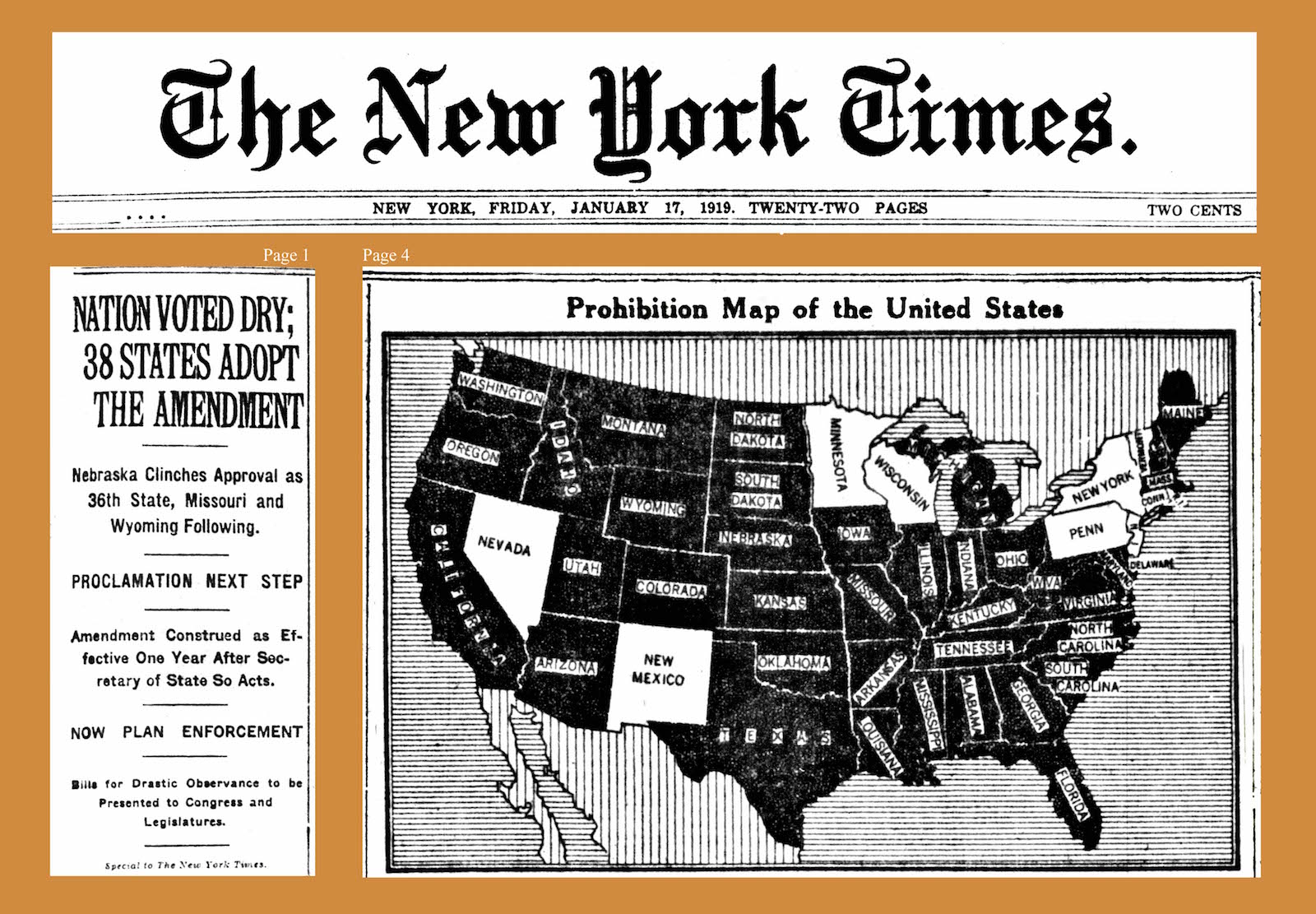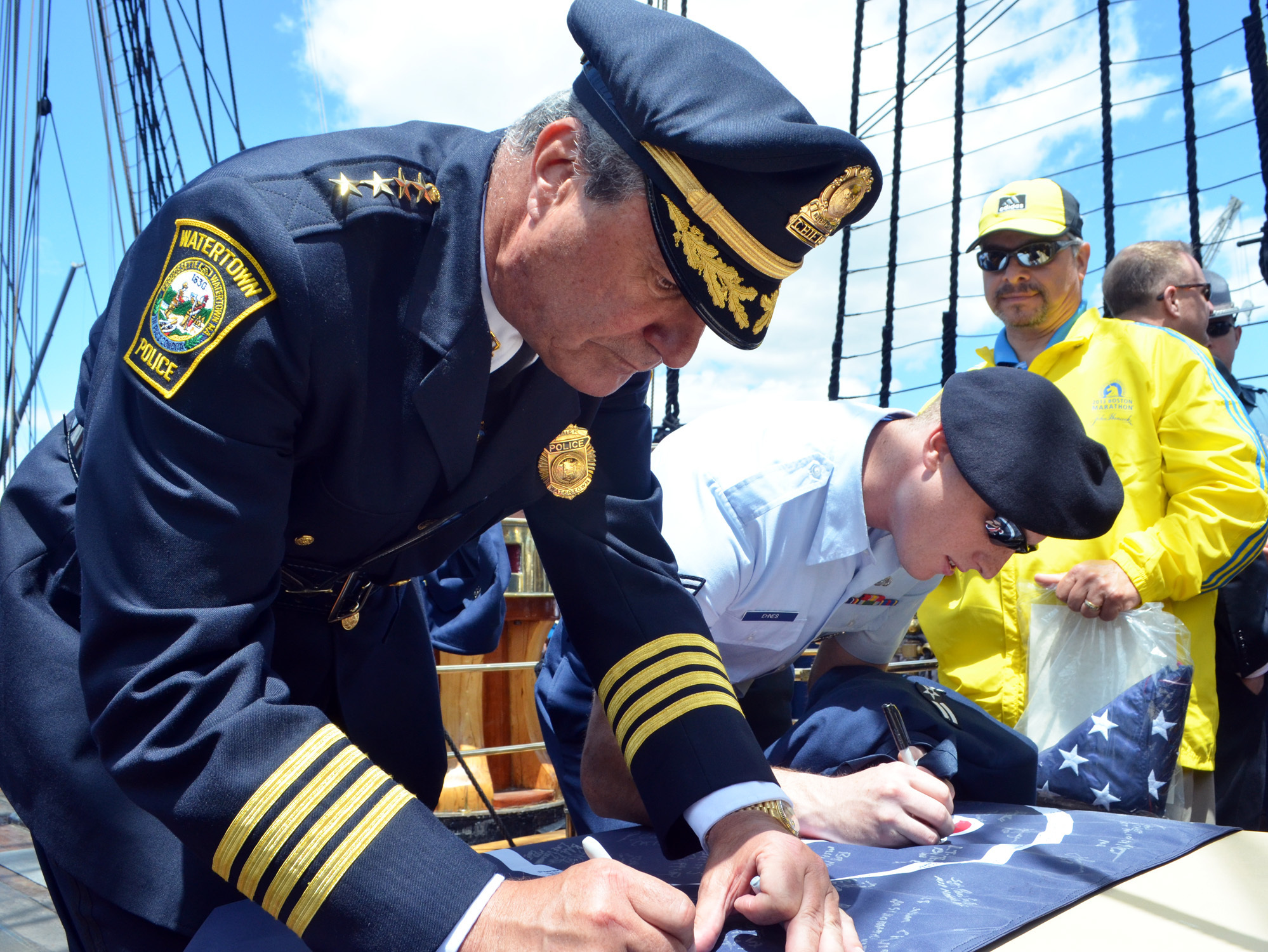|
Peter P. Walsh
Peter Paul Walsh (1885 – June 28, 1944) was a longtime Pittsburgh Police leader, who served as Pittsburgh Police Chief from the spring of 1926 until April 15, 1933. He was born and raised in Pittsburgh and was a steel mill worker before joining the police force in 1898. In 1903 he was promoted to lieutenant and then captain, achieving the rank of inspector in 1907 and commissioner in 1914. From 1920 until 1926 he worked in the private sector as chief of security for the Jones and Laughlin Steel Company. He was the father of nine. In 1928 a grand jury indicted Chief Walsh and some of his command staff for conspiracy to violate the Volstead Act. See also * Police chief * Allegheny County Sheriff * List of law enforcement agencies in Pennsylvania This is a list of law enforcement agencies in the state of Pennsylvania. Pennsylvania says it has more police departments than any other state in the country. According to the US Bureau of Justice Statistics' 2008 ''Census ... [...More Info...] [...Related Items...] OR: [Wikipedia] [Google] [Baidu] |
Pittsburgh Police
The Pittsburgh Police (PBP), officially the Pittsburgh Bureau of Police, is the largest law enforcement agency in Western Pennsylvania and the third largest in Pennsylvania. The modern force of salaried and professional officers was founded in 1857 but dates back to the night watchmen beginning in 1794, and the subsequent day patrols in the early 19th century, in the then borough of Pittsburgh. By 1952 the Bureau had a strength of 1,400 sworn officers; in July 1985, 1,200; and by November 1989, 1,040. Organization The Pittsburgh Bureau of Police is part of the Pittsburgh Department of Public Safety, along with the Pittsburgh Bureau of Fire and Pittsburgh Bureau of Emergency Medical Services (PEMS). It is headed by Chief Martin Devine (actinappointed by Mayor Ed Gainey. The Chief of Police is the top law enforcement agent of the city of Pittsburgh. In the Chiefs council are the positions of * Deputy Chief of Police Bureau * Chief of Staff of the Police Bureau * Public Aff ... [...More Info...] [...Related Items...] OR: [Wikipedia] [Google] [Baidu] |
1 Gold Star
1 (one, unit, unity) is a number, numeral, and glyph. It is the first and smallest positive integer of the infinite sequence of natural numbers. This fundamental property has led to its unique uses in other fields, ranging from science to sports, where it commonly denotes the first, leading, or top thing in a group. 1 is the unit of counting or measurement, a determiner for singular nouns, and a gender-neutral pronoun. Historically, the representation of 1 evolved from ancient Sumerian and Babylonian symbols to the modern Arabic numeral. In mathematics, 1 is the multiplicative identity, meaning that any number multiplied by 1 equals the same number. 1 is by convention not considered a prime number. In digital technology, 1 represents the "on" state in binary code, the foundation of computing. Philosophically, 1 symbolizes the ultimate reality or source of existence in various traditions. In mathematics The number 1 is the first natural number after 0. Each natural number, ... [...More Info...] [...Related Items...] OR: [Wikipedia] [Google] [Baidu] |
Pittsburgh Police Chief
The Pittsburgh Police Chief is an American law enforcement official who serves as the head of the Pittsburgh Bureau of Police, appointed by the Mayor of Pittsburgh. The Chief is a civilian administrator, and was historically referred to as the Police Superintendent as well as Chief, both titles having the same authority and meaning. Chiefs Longest Tenure * – James W. Slusser (1952–1970) * 13 years, 5 months – Harvey J. Scott (1939–1952) * – Robert J. Coll (1975–1986) * – Robert McNeilly (1996–2006) * 9 years – Thomas A. McQuaide (1906–1914) * 7 years – Peter Paul Walsh (1926–1933) * 7 years – Roger O'Mara (1889–1896) * – Nathan Harper (2006–2013) * 5 years, 61 days – AH Leslie * – Robert E. Colville (1971–1975) * – Earl Buford (1992–1995) * 3 years, 6 months – Franklin T. McQuaide (1933, 1936–1939) * – Ralph Pampena (1987–1990) Public Safety Directors Pittsburgh was required by an 1887 state law to have a Public Safety D ... [...More Info...] [...Related Items...] OR: [Wikipedia] [Google] [Baidu] |
Jones & Laughlin Steel
The Jones and Laughlin Steel Corporation, also known as J&L Steel or simply as J&L, was an American steel and iron manufacturer that operated from 1852 until 1968. The enterprise began as the American Iron Company, founded in 1852 by Bernard Lauth and Benjamin Franklin Jones, about south of Pittsburgh along the Monongahela River. Lauth's interest was bought in 1854 by James Laughlin. The first firm to bear the name of Jones and Laughlin was organized in 1861, and headquartered at Third & Ross in downtown Pittsburgh. History Originally producing only iron, the enterprise began the production of steel in 1886. Over the ensuing 60 years, the company expanded its facilities and its operations along both sides of the Monongahela River on the South Side of Pittsburgh and along the Ohio River at Aliquippa. The Hot Metal Bridge across the Monongahela River was built to connect Eliza blast furnaces making pig iron on the Hazelwood side of the river with the open hearth steel furnaces ... [...More Info...] [...Related Items...] OR: [Wikipedia] [Google] [Baidu] |
Volstead Act
The National Prohibition Act, known informally as the Volstead Act, was an act of the 66th United States Congress designed to execute the 18th Amendment (ratified January 1919) which established the prohibition of alcoholic drinks. The Anti-Saloon League's Wayne Wheeler conceived and drafted the bill, which was named after Andrew Volstead, chairman of the House Judiciary Committee, who managed the legislation. Historical context The Volstead Act had a number of contributing factors that led to its ratification in 1919. For example, the formation of the Anti-Saloon League in 1893. The league used the after effects of World War I to push for national prohibition because there was a lot of prejudice and suspicion of foreigners following the war. Many reformers used the war to get measures passed and a major example of this was national prohibition. The league was successful in getting many states to ban alcohol prior to 1917 by claiming that to drink was to be pro-German an ... [...More Info...] [...Related Items...] OR: [Wikipedia] [Google] [Baidu] |
Police Chief
A chief of police (COP) is the title given to an appointed official or an elected one in the chain of command of a police department, particularly in North America. A chief of police may also be known as a police chief or sometimes just a chief, while some countries favour other titles such as commissioner or chief constable. A police chief is appointed by and answerable to a state or local government. Duties The precise role of a chief of police varies by country and sometimes within a country. The larger a police force or department, the more likely that some duties will be delegated to mid-ranked officers. The following list is a general sense of the actions and responsibilities held by any chief of police. * Oversight of a department's operations and budgeting * Oversight of officers ** Limited disciplinary actions to be addressed on infractions of policy, rules, regulations, laws or ordinances ** Full dismissal or heavy sanctioning of officer duty; these powers vary by dep ... [...More Info...] [...Related Items...] OR: [Wikipedia] [Google] [Baidu] |
Allegheny County Sheriff
The Allegheny County Sheriff's Office is a law enforcement agency that serves Allegheny County, Pennsylvania, and is the largest sheriff's office in the state. The ACSO serves as a local arm of the Pennsylvania Unified Judicial System in a number of roles, including: court security, writ services, sales, prisoner transportation, issuing of firearm licenses and execution of warrants. A primary responsibility of the office is fugitive apprehension. The Sheriff's Office also assists local law enforcement agencies with emergency and incident response on an as-needed basis, most notably through the use of trained police dogs. Organization The executive of the Allegheny County Sheriff's Office is the Sheriff, currently Kevin M. Kraus'','' and is an elected position. The office consists of a number of divisions: * Administration – The Administration Division is responsible for personnel and fiscal management, scheduling and coordinating law enforcement training, information tec ... [...More Info...] [...Related Items...] OR: [Wikipedia] [Google] [Baidu] |
List Of Law Enforcement Agencies In Pennsylvania
This is a list of law enforcement agencies in the state of Pennsylvania. Pennsylvania says it has more police departments than any other state in the country. According to the US Bureau of Justice Statistics' 2008 ''Census of State and Local Law Enforcement Agencies,'' the state had 1,117 law enforcement agencies employing 27,413 sworn police officers, about 218 for each 100,000 residents. State Law Enforcement * Pennsylvania State Constables office established 1664 * Pennsylvania Board of Probation and Parole * Pennsylvania Department of Agriculture, Pennsylvania Bureau of Dog Law Enforcement * Pennsylvania Capitol Police * Pennsylvania Department of Conservation and Natural Resources#Law enforcement, Pennsylvania DCNR rangers * Pennsylvania Fish and Boat Commission, Pennsylvania Waterways Conservation Officer * Pennsylvania Game Commission#Game Wardens, Pennsylvania Game Warden * Pennsylvania Department of Corrections * Pennsylvania Attorney General * Pennsylvania State P ... [...More Info...] [...Related Items...] OR: [Wikipedia] [Google] [Baidu] |
Edward J
Edward is an English male name. It is derived from the Anglo-Saxon name ''Ēadweard'', composed of the elements '' ēad'' "wealth, fortunate; prosperous" and '' weard'' "guardian, protector”. History The name Edward was very popular in Anglo-Saxon England, but the rule of the Norman and Plantagenet dynasties had effectively ended its use amongst the upper classes. The popularity of the name was revived when Henry III named his firstborn son, the future Edward I, as part of his efforts to promote a cult around Edward the Confessor, for whom Henry had a deep admiration. Variant forms The name has been adopted in the Iberian peninsula since the 15th century, due to Edward, King of Portugal, whose mother was English. The Spanish/Portuguese forms of the name are Eduardo and Duarte. Other variant forms include French Édouard, Italian Edoardo and Odoardo, German, Dutch, Czech and Romanian Eduard and Scandinavian Edvard. Short forms include Ed, Eddy, Eddie, Ted, Teddy a ... [...More Info...] [...Related Items...] OR: [Wikipedia] [Google] [Baidu] |
Franklin McQuaide
Franklin T. McQuaide (September 2, 1887 – June 21, 1954) was a longtime Pittsburgh Police leader. Early life McQuaide's father was Thomas A. McQuaide, who served as superintendent of Pittsburgh Police from 1904 until 1914. Career He served as Pittsburgh Police Chief from 1933 until 1934 and again from Summer 1936-Spring 1939. He was then the head of the homicide division from 1939 until his retirement in 1944 when he became the Chief of Police at Kennywood, an amusement park in neighboring West Mifflin, Pennsylvania. Before becoming chief, McQuaide joined the force as a detective in 1907. He also worked as the head of security at the William Penn Hotel and ran the McQuaide Detective Agency, founded by his father, Thomas A. McQuaide, from 1928 until he was chosen as Pittsburgh Police Chief in 1933. Personal life McQuaide lived with his wife, Eleanor Joyce McQuaide, and their nine children in the Mount Washington (Pittsburgh) neighborhood of Pittsburgh. Their son, Thomas A. M ... [...More Info...] [...Related Items...] OR: [Wikipedia] [Google] [Baidu] |
1885 Births
Events January * January 3– 4 – Sino-French War – Battle of Núi Bop: French troops under General Oscar de Négrier defeat a numerically superior Qing Chinese force, in northern Vietnam. * January 17 – Mahdist War in Sudan – Battle of Abu Klea: British troops defeat Mahdist forces. * January 20 – American inventor LaMarcus Adna Thompson patents a roller coaster. * January 24 – Irish rebels damage Westminster Hall and the Tower of London with dynamite. * January 26 – Mahdist War in Sudan: Troops loyal to Mahdi Muhammad Ahmad conquer Khartoum; British commander Charles George Gordon is killed. February * February 5 – King Leopold II of Belgium establishes the Congo Free State, as a personal possession. * February 9 – The first Japanese arrive in Hawaii. * February 16 – Charles Dow publishes the first edition of the Dow Jones Industrial Average. The index stands at a level of 62.76, and r ... [...More Info...] [...Related Items...] OR: [Wikipedia] [Google] [Baidu] |




